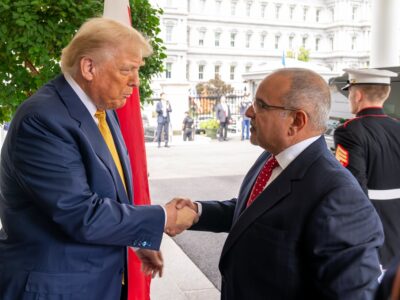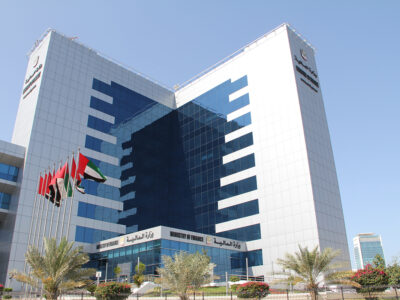A senior Lebanese minister reportedly assured that domestic depositors will get their money back over time as part of any financial overhaul.
Economy Minister Amer Bisat said the state, central bank and local banks will share the burden of repairing the crisis-stricken economy.
Depositors promised full recovery
The commitment to depositors is part of an attempt to break a stalemate on reforms, which are needed to unlock fresh funds from the International Monetary Fund (IMF) and help the country emerge from one of the world’s worst financial crises.
Officials have struggled to reach a deal for years, with local lenders refusing to shoulder the bulk of losses and forced consolidation, Bloomberg reported.
“Depositor protection is an extremely important part of the objectives that we have in place. That may require instruments, that may require delays, or some time passage in order to pay, but the idea is that nobody would lose their deposits. But it may take time,” Bisat told Bloomberg TV in his first interview with international media.
The former BlackRock Inc. executive said the country’s financial crisis – triggered in 2019 by a sharp decline in the foreign inflow of dollars – requires a “collective solution” where each of the players pitches in.
But it also needs to ensure the survival of the banking sector and the central bank’s ability to conduct monetary policy.
“There’s a limit to how much we can impose on each of them,” Bisat said.
Lebanon’s 2020 default crisis
Lebanon defaulted on some $30 billion of international bonds in 2020 at the height of its financial crisis, causing the local currency to lose almost all of its value, inflation to hit triple digits and many to see their life savings wiped out.
Bisat is confident a law approved last week to lift banking secrecy will be passed in parliament in the next few weeks, giving the government a better sense of the capital gap in each of the banks.
From 2016, the central bank began to channel billions of dollars of depositor funds to cover the government’s deficits and finance the peg.
The overall hole is estimated at about $70 billion, more than triple the size of the economy.
Despite the government’s efforts to repair the economy, Bisat acknowledges global tensions over trade and its market impact pose significant risks, saying these could have a “fairly large impact” on remittances from the country’s diaspora, among the largest in the world. Maintaining the ceasefire between Iranian-backed Hezbollah and Israel is also key.
The government is looking to organise an investor conference in September, which the minister hopes will showcase Lebanon and “ tells the world Lebanon is back in play, Lebanon is back in business.”








